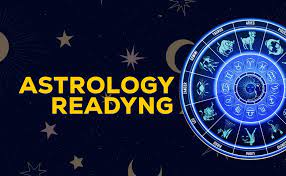Astrology, an age-old practice deeply intertwined with human history, has captivated people’s imaginations for centuries. personal astrology reading, the gifted individuals who decipher the celestial patterns, offer a unique glimpse into the mystical world of the stars. These individuals, often seen as bearers of cosmic wisdom, have been revered in various cultures across the world.
An Ancient Practice
Astrology, as an ancient practice, has its roots in the belief that the positions and movements of celestial bodies influence human affairs and natural phenomena. The earliest recorded astrological records date back to Babylonian times, around 2000 BCE. Astrologers, often called stargazers or celestial interpreters, were highly respected individuals who advised rulers and provided insights into important events. Throughout history, astrology has found its place in different cultures, from the ancient Greeks to the Chinese and Mayans.
Astrologer’s Role
Astrologers, the torchbearers of this mystical discipline, are well-versed in the language of the stars. They analyze the positions of celestial bodies at the time of an individual’s birth to draw a birth chart, often known as a natal chart or horoscope. This chart is believed to hold the key to understanding a person’s personality, life path, and potential future events. Astrologers use various techniques and systems like Western, Vedic, and Chinese astrology to make predictions and provide guidance to their clients.
A Blend of Science and Intuition
Astrologers often walk the fine line between science and intuition. While astrology doesn’t fall under conventional scientific methodologies, many practitioners argue that it can provide valuable insights and help individuals better understand themselves. Skeptics may question its legitimacy, but there is no denying its enduring popularity. Astrologers combine astronomical calculations with their unique interpretative skills, making astrology a fascinating mix of cosmic science and personal intuition.

